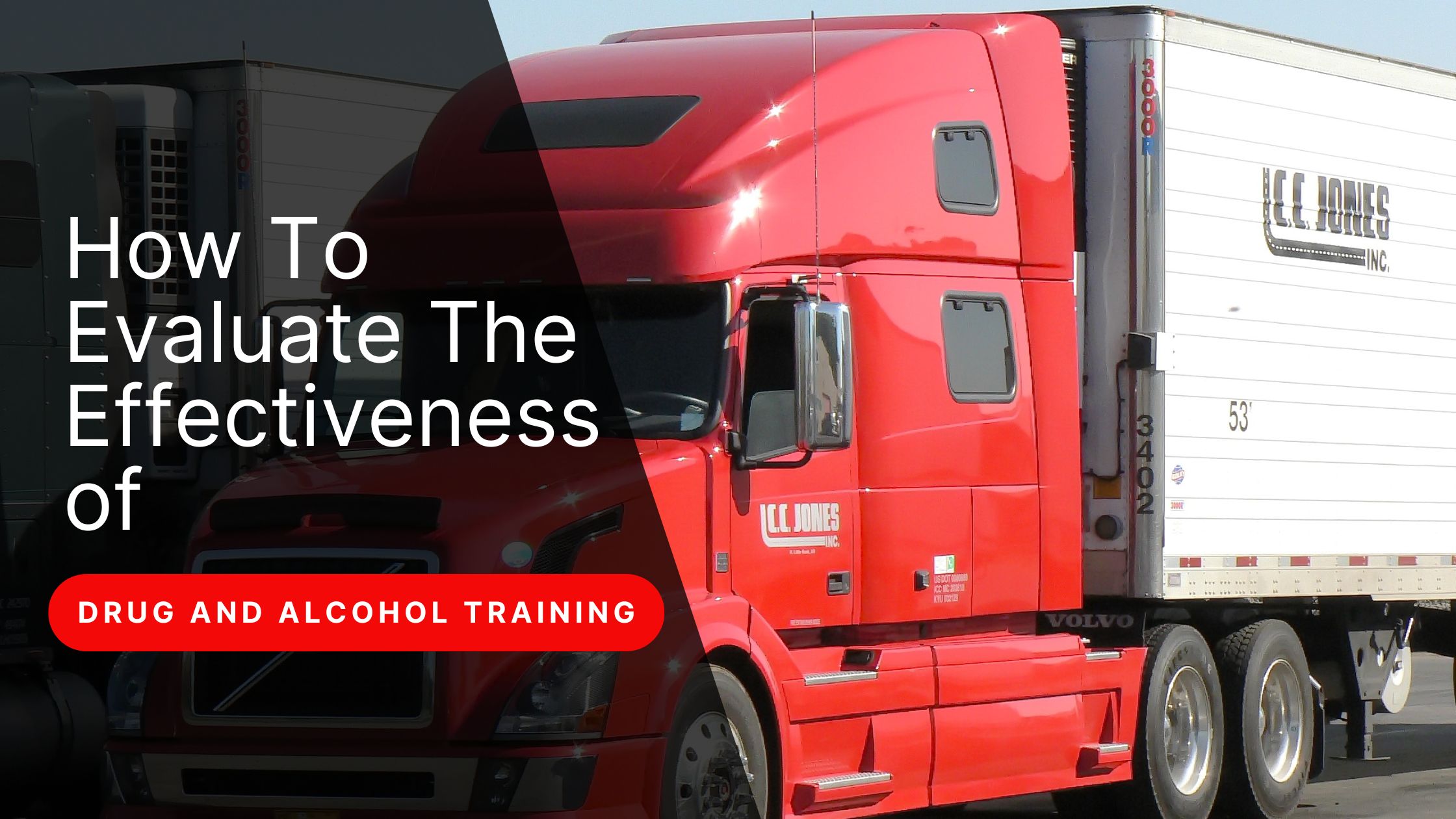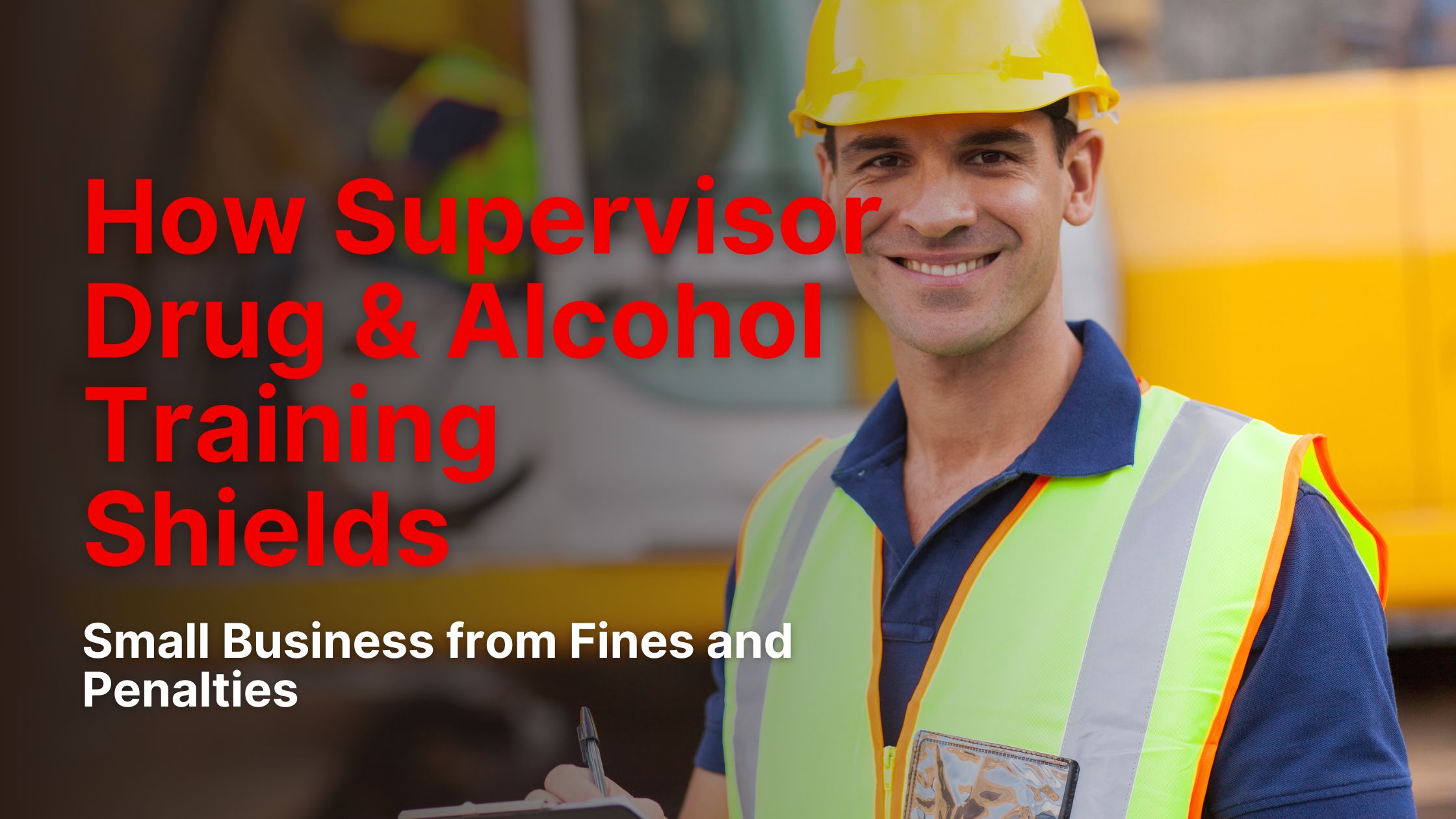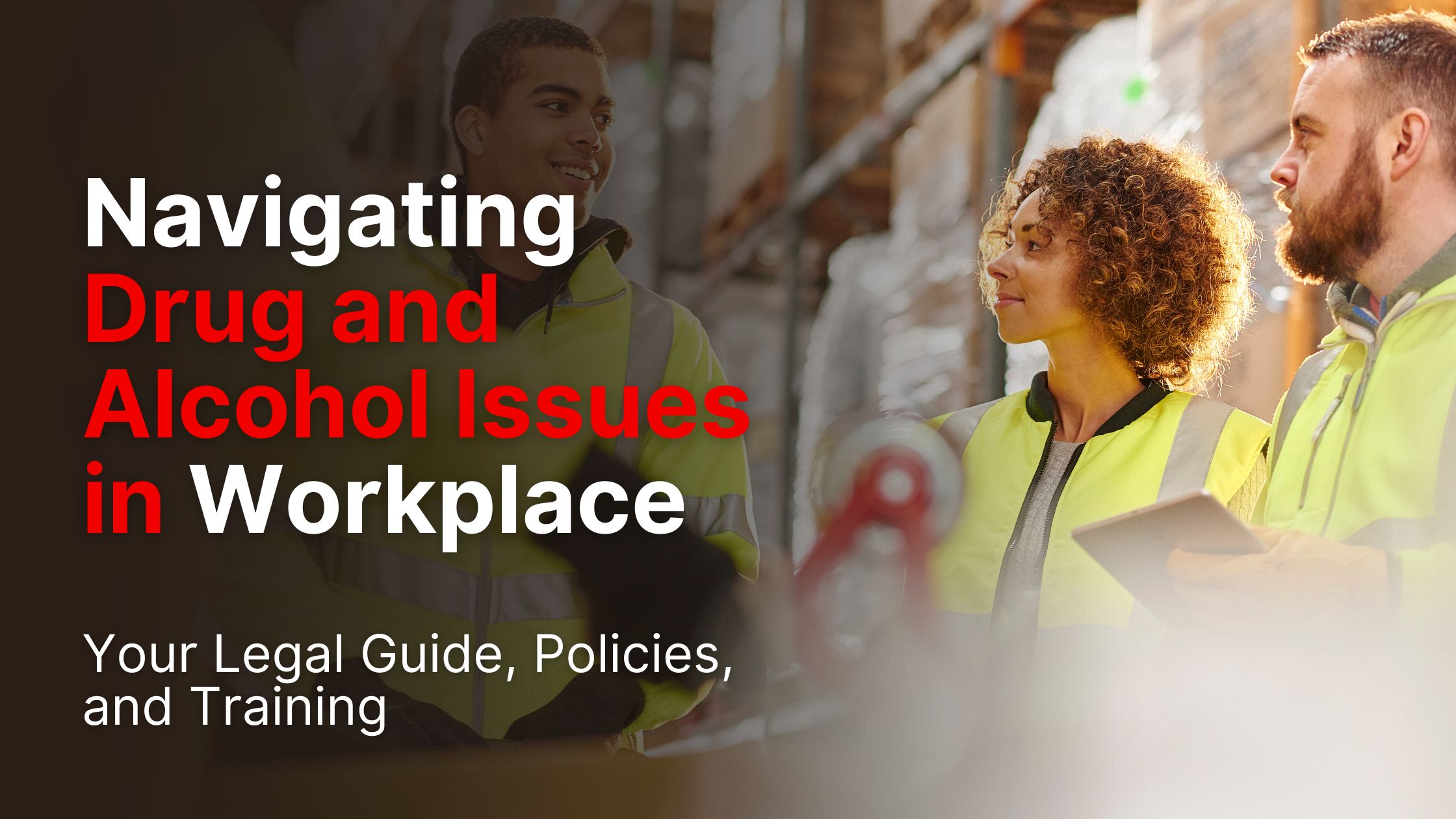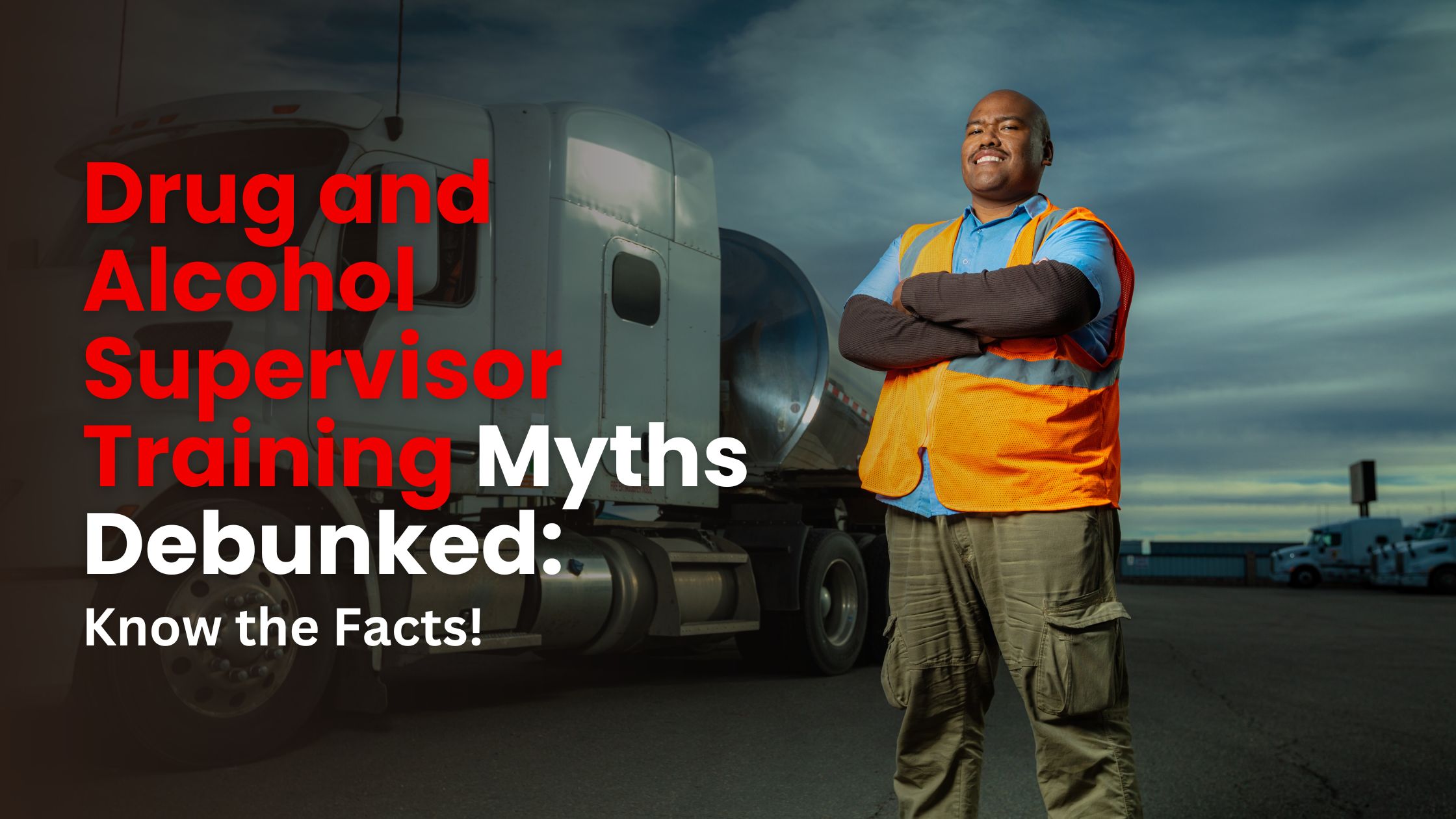Every enterprise,including the Department of Transportation (DOT) under its jurisdiction, needs to have such comprehensive drug and alcohol training in place in order for every employee's compliance and safety.
Recognizing the underlying principles of these classes is vital for employers and employees alike, as it helps to keep workplaces solid and successful.
Today brings our blog post to top 10 drug and alcohol training faqs,
10 DOT Drug and Alcohol Training FAQs
The underlying purpose of the mandated DOT drug and alcohol training program is to tell managers, supervisors, and employees as well as enforce safety people rules, practices, and guidelines exist for alcohol and drug use at work. This training is beneficial to workplace safety and guarantees that one complies with DOT standards by counteracting substance abuse risks.
Those working in jobs where safety is of particular concern–commercial drivers, pilots, and railroad employees—must complete DOT drug and alcohol testing. Supervisors of these workers must also receive special training to ensure their job performance.
Drug and alcohol training programs are available from many accredited providers, including online platforms, educational institutions, and specialist training schools. Employers often assist employees in accessing approved training courses so that they can maintain regulatory compliance.
There is no clear answer to this question. Courses about drugs and alcohol may take anywhere from a few hours to several days. Topics covered will be how to administer a drug test, what telltale signs are present when abusing drugs, what are your legal responsibilities and so on.
This is a program specifically for supervisors. The DOT Supervisor drug and alcohol training program was developed so that those in safety-sensitive industries could determine instances of drug or alcohol use and have the necessary information to supervise drug or alcohol testing in their department. They will be able to test employees themselves, discern signs of impairment, and maintain corporate standards.
Although it is entirely dependent upon what the job market requires and therefore has to be decided on an individual basis, organizations involved in moving hazardous materials impose additional training named DOT HazMat (Hazardous Materials) training on their staff, desiring once again periodic refresher courses every three years for all employees.
A certificate of completion is often given to people who complete the Drug and Alcohol Training Program. The time required to issue certificates may be affected by administrative processes and training providers. Certificates are usually issued shortly after the course has ended.
The certificate of completion usually contains essential elements, including the participant's name, the training program name, the completion date, and any relevant accreditation or authorization. Employers or regulatory bodies may require this certificate, which documents that regulatory training requirements have been met.
The official DOT website, regulatory papers, and approved training materials allow you to quickly find data concerning DOT drug and alcohol testing regulations. These rules are being made available to employers and employees to ensure that the DOT conforms to established attitudes concerning drug and alcohol testing methods.
Actually, the certificate of completion of drug and alcohol training usually has an expiry date. After you have concluded the training program, you will get a certificate proving that you are following all of these necessary regulations. To keep up with new laws or operations methods, some businesses may require you to repeat this in-service training at intervals even after the period for which they are responsible has ended.
Conclusion
Drug and alcohol training programs in safety-sensitive fields are essential for promoting safety, compliance, and responsibility. They can also answer the most frequent questions about these training sessions so that both employers and employees can be taught what they need to know about their obligations and responsibilities regarding the use of drugs and alcohol. Take care of yourself at work. Make safety first, always be aware, and so forth.
Enroll now in ICCouncil's online DOT drug and alcohol training course, and you will be correctly oriented toward conformity with the rules while also ensuring safety. Give yourself the knowledge and skills you need to manage today's complex drug and alcohol laws. Enroll now to ensure that your workplace is safe and legally compliant.






